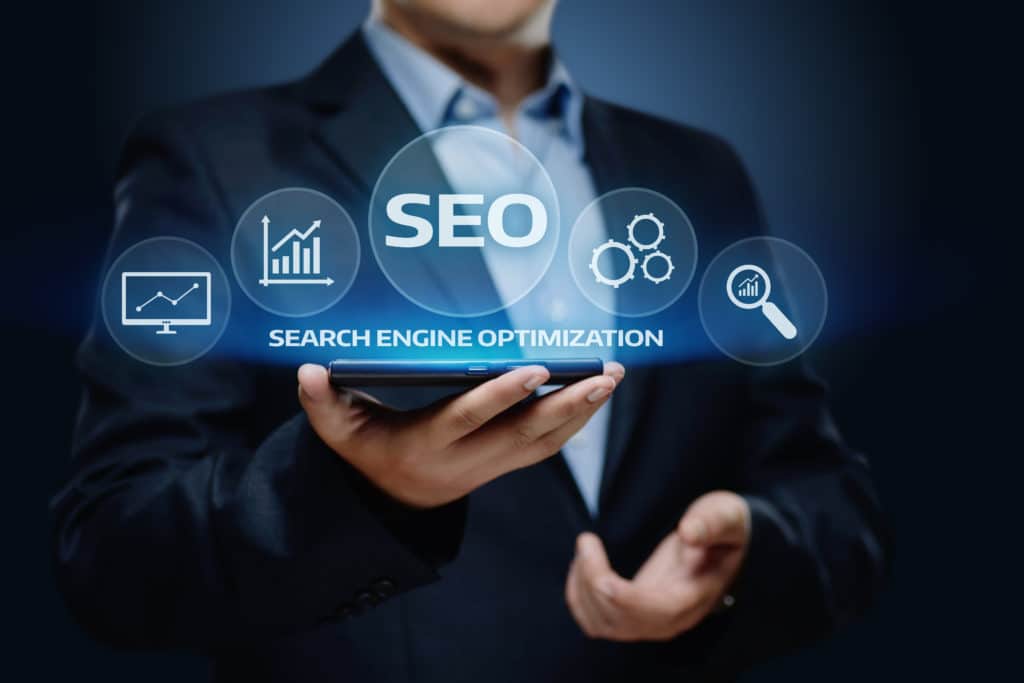Understanding PPC Advertising
In the vast digital landscape, where businesses strive to outshine their competitors, it is crucial to leverage effective marketing strategies that yield remarkable results. Pay-per-click (PPC) advertising has emerged as a powerful tool that enables businesses to drive targeted traffic, increase conversions, and maximize their online presence. In this article, we will explore the significance of PPC advertising and its role in achieving success in the digital realm.
What is PPC Advertising?
PPC advertising is an online marketing model in which advertisers pay a fee each time their ad is clicked. It is a way of buying visits to your website rather than relying solely on organic search engine traffic. Advertisers bid on specific keywords relevant to their target audience, and their ads are displayed prominently on search engine result pages (SERPs) when users search for those keywords.
How Does PPC Advertising Work?
PPC advertising operates on an auction-based system. Advertisers compete for ad placements by bidding on keywords in online advertising platforms like Google Ads. When a user enters a search query, the platform evaluates and ranks ads based on factors such as bid amount and ad relevance. The advertiser with the highest bid and the most relevant ad is typically awarded the top position.
Benefits of PPC Advertising
Increased Visibility and Brand Awareness
PPC advertising provides businesses with an opportunity to increase their visibility and build brand awareness. By appearing at the top of search engine results, businesses can capture the attention of potential customers, even if they have not yet established a strong organic presence. This visibility helps in creating brand recognition and increasing the chances of user engagement.
Targeted Advertising
One of the significant advantages of PPC advertising is the ability to target specific audiences. Advertisers can refine their campaigns based on various parameters such as demographics, geographic location, interests, and search behavior. This precision targeting ensures that the ads are shown to the most relevant audience, resulting in higher click-through rates and improved conversion rates.
Immediate Results and Measurable ROI
Unlike some traditional marketing methods, PPC advertising delivers immediate results. As soon as the campaign is launched, ads become visible to the intended audience. Additionally, the performance of PPC campaigns is highly measurable, allowing businesses to track the return on investment (ROI) accurately. With the wealth of data available, advertisers can optimize their campaigns in real-time to maximize their ROI.
Cost Control and Flexibility
PPC advertising provides businesses with the ability to control their advertising costs and adjust their budgets according to their needs. Advertisers can set daily or monthly spending limits, ensuring that they stay within their allocated budgets. This flexibility allows businesses of all sizes to participate in PPC advertising, regardless of their financial resources.
PPC Campaign Strategies
To make the most of PPC advertising, businesses need to implement effective campaign strategies. Here are some key elements to consider:
Keyword Research and Selection
Choosing the right keywords is essential for the success of a PPC campaign. Thorough keyword research helps identify relevant keywords that align with the target audience’s search intent. By selecting high-value keywords with a good search volume and low competition, businesses can optimize their ad spend and attract qualified traffic.
Compelling Ad Copy and Landing Pages
Creating compelling ad copy is crucial to capturing the attention of potential customers. The ad copy should be concise, engaging, and relevant to the user’s search query. Additionally, directing users to well-designed landing pages that align with the ad’s message increases the chances of conversions.
Monitoring and Optimization
Constant monitoring and optimization are vital for the success of a PPC campaign. Advertisers should regularly analyze campaign performance, track key metrics such as click-through rates (CTR) and conversion rates, and make data-driven adjustments to optimize their campaigns. This includes refining keyword targeting, testing different ad variations, and improving landing page experiences.
Remarketing and Retargeting
Remarketing and retargeting strategies can significantly impact campaign performance. By targeting users who have previously interacted with their website or shown interest in their products or services, businesses can re-engage with potential customers and increase conversion rates. Remarketing campaigns can be tailored to specific audience segments based on their past actions, such as abandoned carts or website visits.
PPC and SEO: A Powerful Combination
PPC advertising and search engine optimization (SEO) are two distinct digital marketing strategies, but when combined, they can produce powerful results.
Complementary Roles of PPC and SEO
PPC advertising can fill the immediate need for visibility and traffic while SEO works on achieving long-term organic growth. By leveraging PPC advertising, businesses can drive immediate traffic to their website while their SEO efforts gradually improve their organic rankings. The combined effect of both strategies enhances overall online visibility and increases the likelihood of attracting qualified leads.
Leveraging PPC Data for SEO Insights
PPC campaigns generate a wealth of data that can provide valuable insights for SEO efforts. By analyzing PPC data, businesses can identify high-performing keywords, uncover user search patterns, and gain a deeper understanding of their target audience. This information can then be applied to optimize website content, meta tags, and on-page SEO elements to improve organic search rankings.
Improving Quality Scores and Organic Rankings
Quality Score is an important metric in PPC advertising that measures the relevance and quality of ads and landing pages. A high-quality Score not only leads to lower ad costs but also indicates that the ad is relevant to users. By improving the quality and relevance of landing pages through PPC campaigns, businesses can enhance their website’s overall user experience, which positively impacts organic rankings.
The Role of a PPC Expert
Managing a successful PPC campaign requires expertise and knowledge of the intricacies of various PPC platforms. A PPC expert plays a crucial role in driving optimal results.
Knowledge of PPC Platforms
A PPC expert is well-versed in different advertising platforms like Google Ads, Bing Ads, and social media advertising platforms. They understand the platform’s features, functionalities, and best practices, allowing them to create and optimize campaigns effectively.
Analytical Skills and Data Interpretation
A PPC expert possesses strong analytical skills and is proficient in data interpretation. They can dissect campaign performance metrics, identify trends, and make informed decisions based on the data. This analytical approach enables them to continuously improve and refine the PPC campaigns to achieve optimal results.
Continuous Learning and Adaptability
The digital marketing landscape is constantly evolving, and a PPC expert must stay up-to-date with the latest trends, algorithm updates, and industry changes. They are dedicated to continuous learning and adaptability, ensuring that their strategies remain effective in a dynamic environment. By staying ahead of the curve, a PPC expert can provide valuable insights and implement innovative techniques to drive success.
Hiring a PPC Specialist
For businesses seeking to harness the power of PPC advertising, hiring a PPC specialist is a wise investment. Here are some key considerations when selecting a PPC specialist:
Assessing Experience and Expertise
When evaluating PPC specialists, it is essential to assess their experience and expertise in managing successful campaigns. Look for professionals with a proven track record of achieving desired results, preferably in your industry or niche. A knowledgeable specialist will have a deep understanding of the intricacies of PPC advertising and be able to tailor strategies to your specific business goals.
Collaboration with SEO and Marketing Teams
PPC advertising works best when it is integrated with other marketing efforts, such as SEO. A competent PPC specialist should be able to collaborate effectively with your SEO and marketing teams to align strategies and maximize results. This collaboration ensures consistency across campaigns, messaging, and goals, resulting in a cohesive and impactful digital marketing approach.
Monitoring and Performance Tracking
A skilled PPC specialist continuously monitors campaign performance, using data-driven insights to optimize and refine strategies. They should provide regular reports and updates, highlighting key metrics and explaining the impact of their efforts. Transparent communication and a proactive approach to performance tracking are essential qualities to look for in a PPC specialist.
PPC advertising has become a vital component of successful digital marketing strategies. Its ability to deliver immediate results, target specific audiences, and complement SEO efforts makes it a powerful tool for businesses aiming to dominate the online space. By understanding the benefits of PPC advertising, implementing effective campaign strategies, and leveraging the expertise of PPC specialists, businesses can drive targeted traffic, increase conversions, and achieve their desired goals.
Call or contact SEO Houston Pros today if you need help with promoting your business using PPC Advertising. We’re here to help you! Feel free to visit our blog for more related articles!


